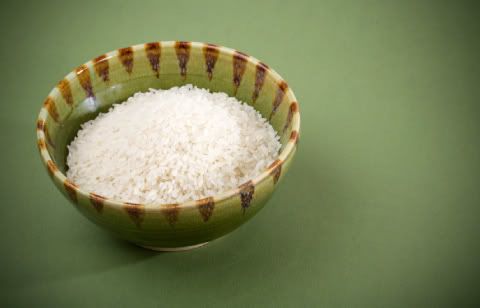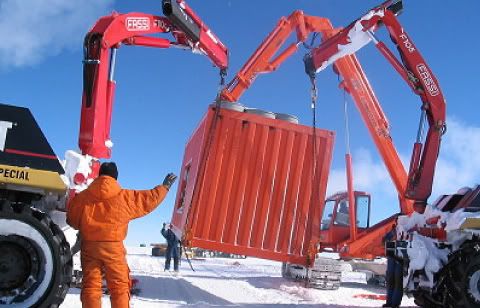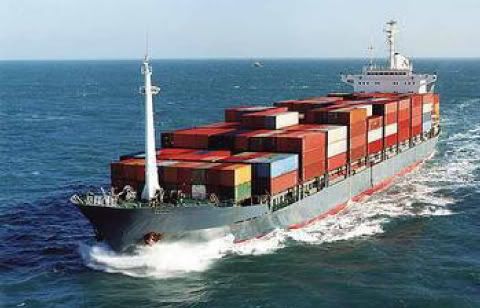An MP3 is about 3MB. The Beatles recorded 214 singles- that’s close to just one gigabyte. 1024 gigabytes makes a Terabyte and 1024 terabytes makes a petabyte. Lost and confused? We were too.
Our poor mortal minds haven’t been so boggled by the ‘big numbers’ since a legendary wag fooled his elders out of ‘quite a lot’ of rice by using a chess board a few hundred years ago. We’ve used the same unit of measurement – grains of rice – to try to put Google’s electronic brain power into perspective.
Let’s relate a grain of rice to a byte. A byte is normally eight binary bits, eg ‘10011000’. It can also be written as a two digit hexadecimal number. In terms of data, a byte is generally used to store a letter. One byte = one letter = one grain of rice.

Bearing this new representation in mind, we can now look at a kilobyte (1024 bytes) as a small bowl of rice. It’s about half a portion, not enough to fill you up – and in data terms a kilobyte would only be a few paragraphs of text – not much to mentally stimulate you there either.

Next up is the megabyte – which is around the size of all the text on an average website, or a short novel. On the rice scale, a megabyte would be a 25kilo bag of rice; enough to feed over 420 people in one sitting, if you have enough chairs.

1024 times larger still is the gigabyte. Back in 1995, I bought a PC with a gigabyte of hard drive space, and managed to store everything I needed on there for the next few years.
To store a gigabyte of rice I’d have needed a bigger garden…. the size of two shipping containers to be more precise. And I could have treated all of those curry-loving Mancunians to a meal. The equivalent of finding a single word in a gigabyte of text is finding a few grains of rice somewhere inside those two containers.

Moving up the scale again we reach the terabyte, equivalent to 1024 gigabytes. I have a terabyte drive sitting in front of me – it’s the size of a small shoebox. But to search through all that data – even on my most powerful desktop machine – would take longer than my patience could bear.
To transport a ‘terabyte’ of rice we’d need to hire this container ship. We could use its contents to feed everybody in the EU.

Finally, we arrive at the mighty petabyte. At this stage, we’re well beyond the size of data that most individuals or small companies handle, and into the realms of some of our Enterprise clients. It’s the same as 210 of the largest container ships that have ever been built, EIGHTY bowls of rice for every person on the planet, or…

…what you’d need to cover central London in 1 metre of rice!
Remember, Google processes 20 petabytes of data every day; or if you prefer – over 4,000 gigantic ships bursting with rice, 1,600 bowls for everyone on the planet, or central London drowned in 20 metres of the stuff. This is spread over 72,000 jobs each taking an average of 7 minutes to complete. Their data processing capability is a big contributor to their position at the top of the online world, and also no doubt to their estimated £1million monthly electricity bill.









No comments:
Post a Comment